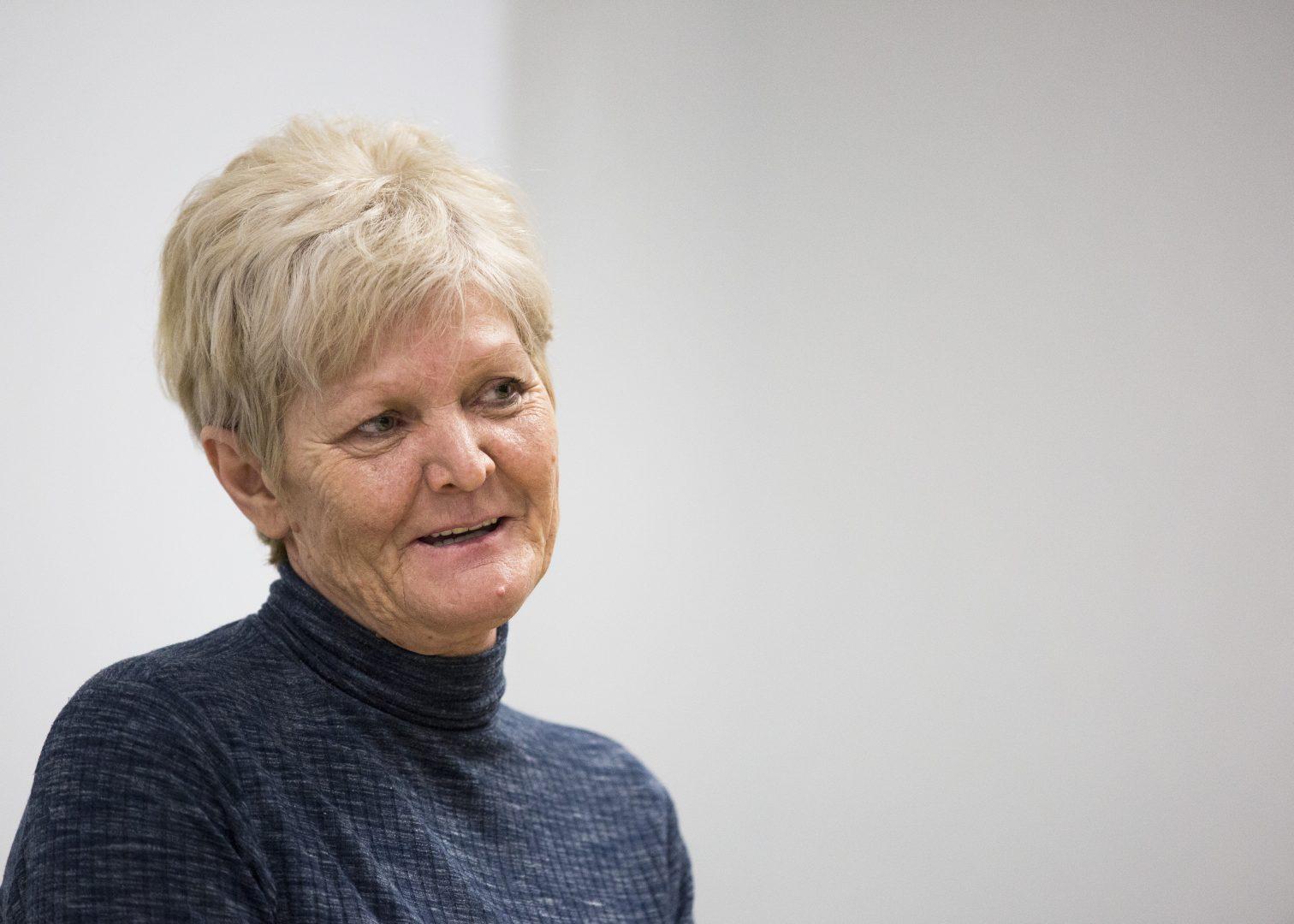Screams, pain, anger, injustice.
Those are only a few of the innumerable costs the women of Bosnia and Herzegovina had to pay during the Third Balkan War and the Bosnian conflict.
The Bosnian conflict lasted from 1992 to 1995. It involved three Bosnian groups and was used by soldiers as an excuse to rape and abuse 25,000-40,000 women.
The soldiers used it to perform “ethnic cleansing” in Bosnia, in other words to get rid of a certain group.
Bakira HaseÄić was one of the women. On Tuesday, she described being beaten and raped, and then having to witness soldiers rape her daughter. It was harrowing, she said.
“My screams could be heard a mile away,” HaseÄić said. Tears streamed down her cheeks as she spoke in the Peters Business Building in an event hosted by the German studies department.
As time passed and the conflict ended, anger boiled within HaseÄić. She began to realize that many of the soldiers who performed the atrocious acts were allowed to walk free.
Today, she is doing everything in her power to find abused women like her. Through her nonprofit organization, Association of Women Victims of War, she hopes to provide a safe space to tell stories of women and use the stories to convict the men who hurt them.
“We fight for justice and truth to avoid any repetition in the world of what happened to us,” HaseÄić said.
HaseÄić shared her story through a documentary titled, “Mission Rape — A Tool of War” which was released in 2014 and directed by Katia Forbert Petersen and Annette Mari Olsen.
The documentary revolves around HaseÄić and her organization, as well as some of the women who have been helped by the organization. The women were identified only by their first names.
One woman, Zlatka, provides the most detailed and gruesome description of her experience. She was raped repeatedly for five months, beginning in November 1994. Zlatka is still in pain today — both physically and mentally.
She pointed to her shoulder to show where it hurts. She followed that motion with a verbal description of a recurring dream she has.
“I feel as I’m raped again, and then I scream,” Zlatka said.
Zlatka’s memories, along with any others whom HaseÄić’s organization are able to get, is handed to the the International Criminal Tribunal for the former Yugoslavia (ICTY) so that prosecutors can record them. The hope is that the stories can be used to prosecute the war criminals.
Getting the soldiers prosecuted is not always easy, HaseÄić’s said. Rape is not considered as a serious war crime in her country. Many times, the former soldiers are prosecuted for every other offense, except rape.
“All politicians exploit us. They talk more about the weather here!” HaseÄić said. Anger was sensed in her voice.
After the film, HaseÄić allowed a few moments for questions. During that time, she told the audience of what progress she has made since the documentary. She is now trying to prosecute some of the perpetrators who have migrated to the U.S. There are 321, she said.
HaseÄić has been able to locate three of the men since she arrived in the U.S. She closed her session by asking for a promise: that the audience to never hurt others like the soldiers hurt the women in Bosnia and Herzegovina.
“Make sure in your lifetimes, that you do not hurt anybody, because that kind of hurt will come back to haunt you one way or another,” HaseÄić said. “I’m asking for all of us to be the best possible inspiration to others.”





